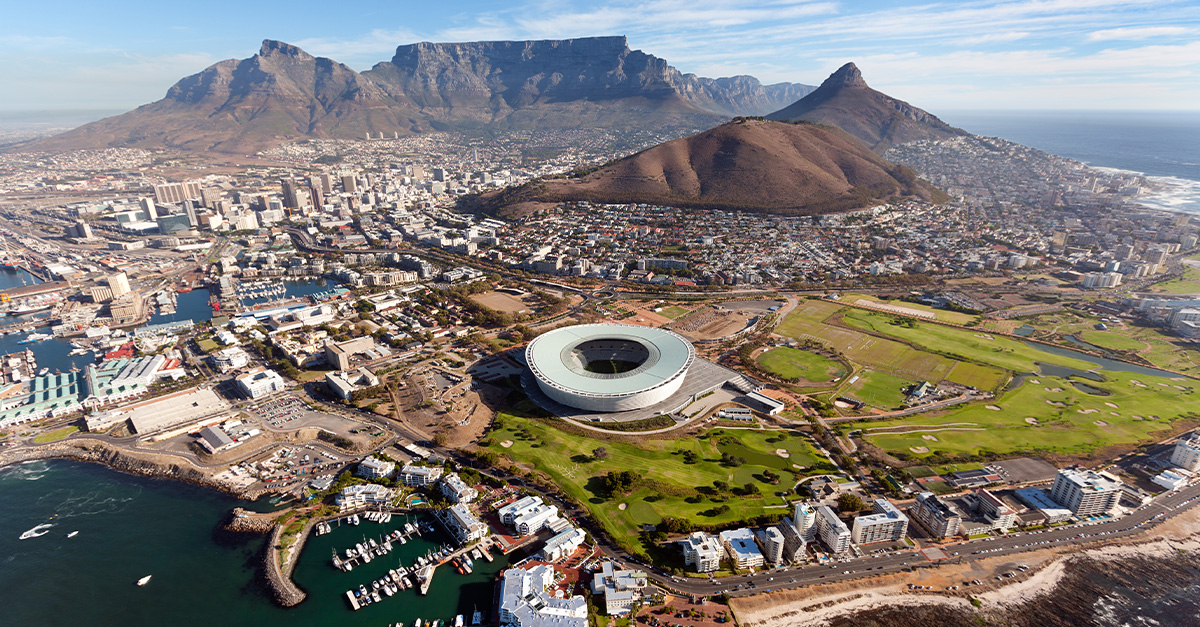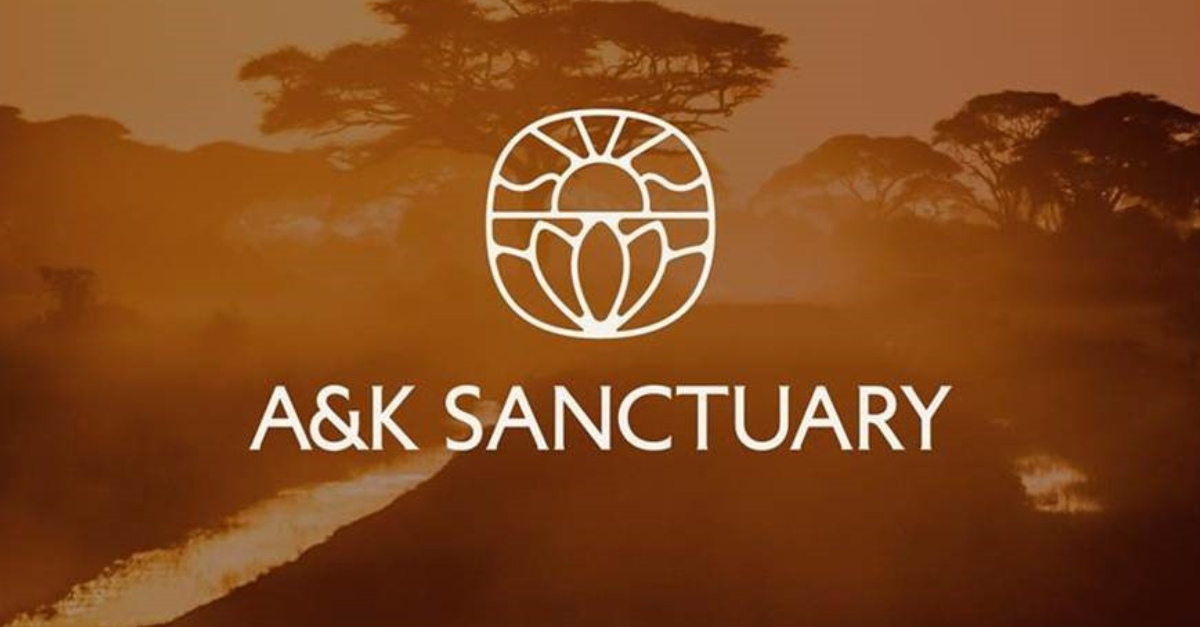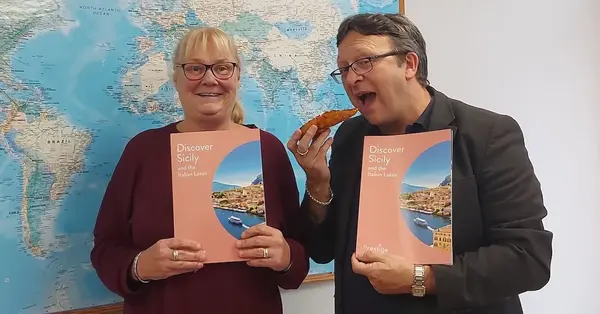You are viewing 1 of your 2 free articles
Cape Town ranked best-value long-haul destination in Post Office report
Cape Town has regained its position as the best-value destination in Post Office Travel Money’s annual long-haul holiday cost-of-living barometer for the first time in six years.
Local price falls and the weaker South African rand have combined to bring costs for British visitors down by 12% since last autumn.
This makes Cape Town the cheapest of 32 resorts and cities surveyed for the 15th annual Long-Haul Holiday Report compiled by the foreign exchange provider.
At £55.59, the cost of 10 tourist typical staples – including meals and drinks – in Cape Town has fallen to the level last seen when South Africa topped the chart in 2018.
The barometer basket for Cape Town is more than 14% lower than in last year’s best-value destination Hoi An, Vietnam, which fell to third place after prices rose by more than 21% to £64.80.
More: Uber starts ‘hail a safari’ option in South Africa
‘Far East looks a bargain’ as value of sterling surges [September 2023]
Tokyo, another destination previously rated best value in the annual survey, moved past Hoi An into second place after prices fell by 13.5% to £64.07.
Bali remains in fourth position with a barometer cost of £67.70, down about 8% on last year.
With three of its most popular destinations featuring in the report’s top five, the Far East looks a better bargain for Britons than its competitors in the Caribbean Islands, said the Post Office.
Jamaica is the only one of six Caribbean destinations surveyed to make the Post Office top 10.
Montego Bay’s barometer total of £93.74 fell 9.4% on 2023, taking the Jamaican resort to 10th place.
The other new entrant to the top 10 is Santiago, Chile, which benefited from a year-on-year fall of 12.5% in the value of the Chilean peso. Local prices also fell, resulting in an overall price fall of 14.3% to £88.92.
A surge in sterling’s value against most long-haul currencies means that Britons planning winter-sun holidays can expect to pay less than a year ago in more than half (15 of 29) of the destinations also surveyed a year ago – even though local prices have risen.
The biggest top-10 fall of 16.4% was in seventh-placed Sharm el-Sheikh (£76.47), boosted by a 71% drop in the value of the Egyptian pound.
Costs are also down 14.8% to £78.14 in Colombo, Sri Lanka, eighth in the chart, and in Delhi, India, where a marginal 1% fall to £74.90 means the city retains its sixth place.
The biggest price fall of all has been in 26th-placed Barbados, where prices in St James are down 18.5% to £141.29.
They have also fallen by almost 11% in Cancun as a result of sterling’s recovery against the Mexican peso.
For the first time this year Post Office Travel Money features four Australian destinations, with the introduction of Sydney, Cairns and Melbourne to add to Darwin.
However, all four are among the 10 most expensive destinations, with Melbourne (27th, £146.76) rating as better value than the other three Australian cities.
At almost £165, Sydney (32nd) emerges as the most expensive destination in this year’s survey, not least because a three-course meal with a bottle of wine costs nearly £117, which makes the city the priciest place to eat out.
Costa Rica (31st, £164.30) and New York (30th, £163.51) are almost as expensive as Sydney.
Laura Plunkett, head of travel money at Post Office, which accounts for one-in-four UK foreign exchange transactions, said: “Our research revealed wide variations in the cost of tourist staples across the 32 destinations we surveyed.
“This means holidaymakers could save themselves a lot of money and make a big difference to the overall cost of their winter sun trip by doing some basic holiday homework before booking to find out where meals, drinks and other staples are going to cost the least.”
Picture of Cape Town by Wolffpower/shutterstock.com


















